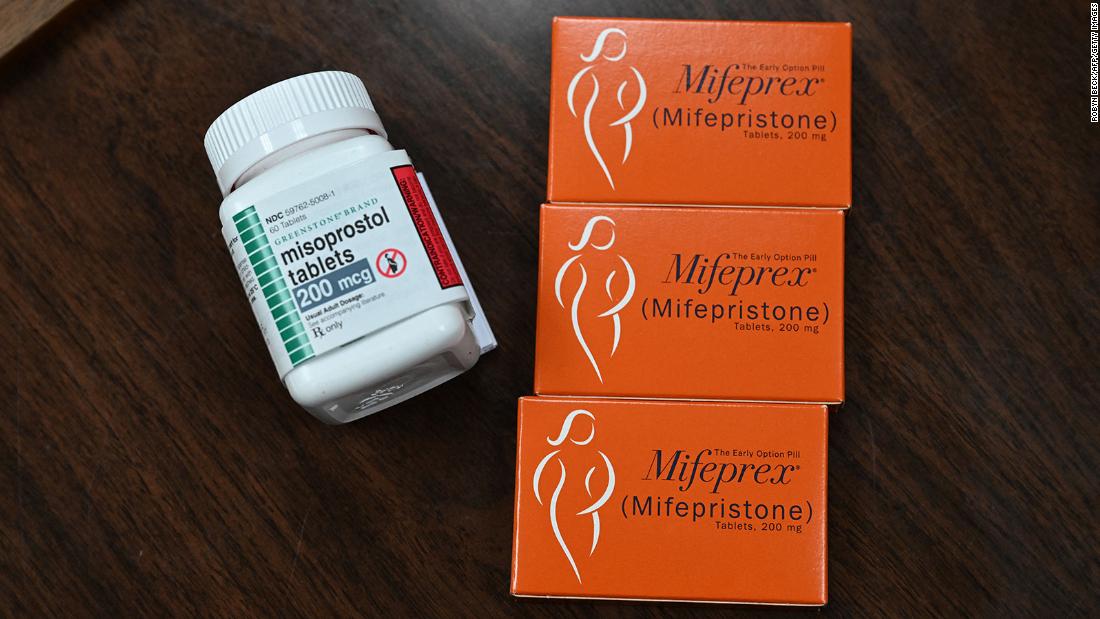AN ARMED cop who crashed into a car while racing to the scene of the Streatham terrorist attack at speeds of up to 80 mph was driving dangerously, a court has heard.
PC Paul Fisher, 46, lost control of his unmarked BMW X5 and ploughed into the rear of a Toyota Prius while responding to the random stabbing spree carried out by Sudesh Amman on 2 February 2020.
An armed cop who crashed into a car while racing to the scene of the Streatham terrorist attack was driving dangerously
PAPC Paul Fisher lost control of his unmarked BMW X5 while responding to the stabbing spree carried out by Sudesh Amman in 2020[/caption]
The Met Police specialist firearms officer denies dangerous driving by creating the “possibility of causing injury to any person or serious damage to property.”
London’s Southwark crown court heard how PC Fisher was on standby with another armed response vehicle during a surveillance operation mounted on 20-year-old Amman after his release from jail 10 days earlier.
Jurors heard how Amman had served a prison sentence for terrorist offences “and there were concerns about the continued risks Amman posed to the public.”
Prosecutor Ben Lloyd said: “At about 1:57pm. radio transmissions stated that the subject of the surveillance operation had a knife and had begun stabbing people on Streatham High Road.
“The defendant of course wanted to get to the scene of the incident. That is perfectly understandable and it was his duty.
“However, the defendant did not get to the scene of the incident as, about two minutes into his journey, he crashed his vehicle into the rear of a Toyota Prius.
“As such, he caused injury to others and extensive damage to his vehicle, other vehicles and to property.
“In driving to the scene, the defendant drove dangerously.”
The court heard how PC Fisher drove too fast to be able to steer or grip the road properly, went onto the wrong side of the road and overtook other motorists and negotiated junctions at excessive speed.
Prosecutor Mr Lloyd said “the manner of his driving meant that he did not get to the scene.
“Consequently his driving, far from seeking to help, in fact had the opposite effect. His driving put a number of other people and property at risk.”
Jurors heard Fisher drove at up to 80mph just before the crash and was travelling at 46mph at the time of the collision.
Prosecutor Mr Lloyd added: “It is important to note that being a police officer is not a defence – being a police officer driving to the scene of a serious incident is not a defence.
“The law is such that at the time of this incident Parliament had decided that there was one law that applies to all road users.
“There was no special rule or defence for police officers or to attend emergency calls to drive dangerously.
“It is right that in emergency circumstances police drivers are exempted from specific speed limits and are permitted to drive through red lights.
“However, such exemptions do not entitle the police to drive dangerously or in an unsafe manner.
“For that reason, it is no defence for the defendant to say that he was a police driver or that he was entitled to break specific speed limits.
“When the law is applied to the defendant’s driving, the prosecution says that he is guilty of this offence.”
Collision expert Sgt Michael Seymour told jurors Fisher’s vehicle was fitted with a data recorder that would record collisions, and other events.
The police accident investigator told the court there were no issues with the car being driven by PC Fisher which would have caused the crash.
Sgt Seymour also confirmed that police officers have exemptions over speed limits while responding to emergencies.
PC Fisher fell ill in the dock yesterday morning and was taken to hospital.
Judge Tony Baumgartner told the jury: “You will have noticed that the defendant took ill during the course of this morning.
“He has gone to hospital and a number of tests are being conducted.”
The hearing was adjourned until this morning.
Published: [#item_custom_pubDate]















































































































